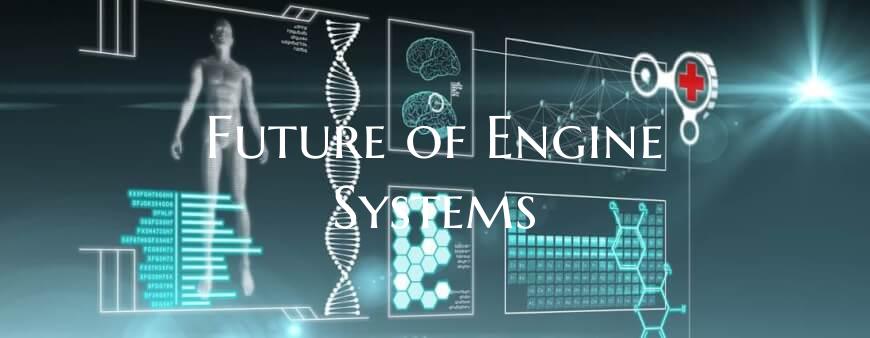Future of Engine Systems
Innovations in engine technology are constantly reshaping the automotive and aerospace industries, paving the way for more efficient, environmentally friendly, and powerful engine systems. As we look towards the future, there are several key trends and developments that are set to define the future of engine systems.
1. Electrification: One of the most significant trends in the future of engine systems is the electrification of engines. Electric vehicles (EVs) are becoming increasingly popular as advancements in battery technology enable longer driving ranges and faster charging times. Electric motors are known for their efficiency and instant torque delivery, offering a smooth and quiet driving experience. As battery technology continues to improve, we can expect to see a shift towards more electric and hybrid engine systems in the coming years.
2. Hybridization: Hybrid engine systems, combining internal combustion engines with electric motors, are gaining traction as a transitional technology towards full electrification. Hybrid vehicles offer the benefits of both power sources, with the internal combustion engine providing range and power, while the electric motor enhances fuel efficiency and reduces emissions. As automakers invest in hybrid technology, we can expect to see more sophisticated hybrid engine systems that optimize the performance and efficiency of both power sources.
3. Advanced Materials and Manufacturing: The future of engine systems will be shaped by advancements in materials and manufacturing techniques. Lightweight materials such as carbon fiber and aluminum are being used to improve fuel efficiency and performance, while additive manufacturing technologies are enabling the production of complex engine components with enhanced durability and precision. These advancements will revolutionize the design and performance of engine systems, making them more reliable, efficient, and environmentally friendly.
4. Artificial Intelligence and Predictive Maintenance: Artificial intelligence (AI) is playing a crucial role in the future of engine systems by enabling predictive maintenance and optimizing engine performance. AI algorithms can analyze vast amounts of data from sensors and onboard systems to predict potential engine failures before they occur, allowing for proactive maintenance and reducing downtime. By harnessing the power of AI, engine systems can become more reliable, efficient, and cost-effective.
5. Alternative Fuel Sources: As the world seeks to reduce carbon emissions and combat climate change, alternative fuel sources are gaining prominence in the future of engine systems. Biofuels, hydrogen, and synthetic fuels are being explored as sustainable alternatives to traditional fossil fuels, offering lower carbon emissions and reduced environmental impact. Engine systems of the future are likely to be compatible with a diverse range of fuel sources, enabling a more sustainable and environmentally conscious transportation system.
In conclusion, the future of engine systems is set to be defined by electrification, hybridization, advanced materials, AI integration, and alternative fuel sources. These advancements are driving a shift towards more efficient, reliable, and environmentally friendly engine systems that will shape the future of transportation for years to come.

